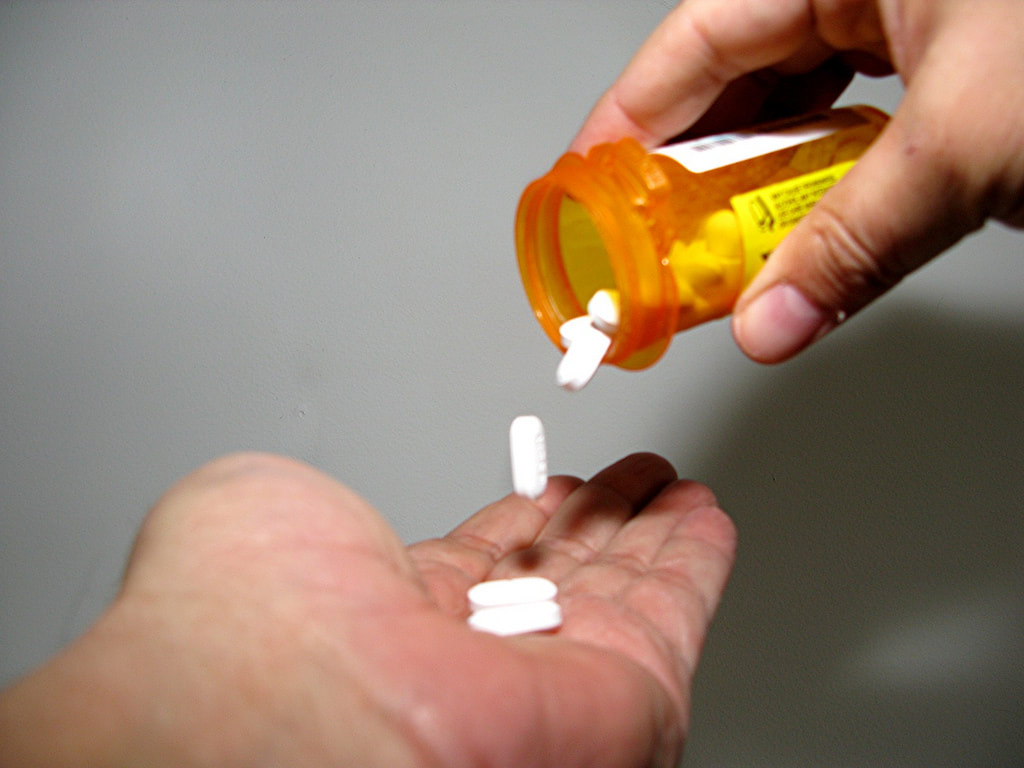|
Addictive behavior can be recognized as a progressive loss of control over drug use, and can be reflected in behaviors such as "doctor shopping," or seeking multiple prescriptions for opioids from different doctors, difficulty functioning in important life areas such as at work or in important relationships, and escalating use of opioids despite the devastating impacts, both physical and psychological. If you or someone you are close to is suffering from these signs and symptoms, seeking a prompt evaluation by an addiction treatment professional is a good place to start.
Waiting for a loved one to hit bottom, we risk missing a chance to save a life. As knowledgeable consumers of medicine in the Digital Era, we have the power to make safer and more informed choices about pain treatment, and we can recognize the signs of a plan of pain management that is headed towards addiction and destructive consequences in a loved one. The staggering statistics are all over the media. Drug overdoses are claiming more lives than auto accidents, with opioids as the main driver of the climbing death toll. The Centers for Disease Control and Prevention estimate that 78 people die every day from an opioid overdose, an unprecedented toll in the history of the health impact of drug abuse. With proper treatment, however, many recover from opioid addiction. With as much public awareness that has developed about the potential for opioid addiction and overdose, the rates of treatment initiation and recovery ought to increase dramatically, if this information is put to use by consumers of medical care. Research studies have found medication-assisted treatments for opioid addiction, such as suboxone and methadone, to be highly effective in helping people recover from addiction and preventing overdose deaths. There are many reasons these medication-assisted treatments are underutilized, including limited availability of the medicines, cost and trained prescribers. Perhaps equally problematic is the skepticism that patients and health care providers have about the use of these medicines in treating addiction. Concerns about replacing one addiction with another are also common. The desperation to avoid withdrawal contributes to excessive use, overdose and even criminal activities in the pursuit of more of the drug. Medicines such as Suboxone and Methadone are used to treat opioid addiction by stopping the cycle of highs and withdrawals while providing a stable dose of a replacement drug that acts on the same area of the brain. This restores the stability of the addict's brain chemistry, relieves cravings and helps the person become functional again, and to be productive and have meaningful relationships. As scientific data concerning chronic pain treatment has accumulated, the benefits of opioids when prescribed for pain that extends beyond three months have been called into question. What's more, the repeated use of opioids has been found to worsen pain in a sizable group of patients, a condition known as "hyperalgesia." This can create a vicious cycle in which the pain sufferer takes larger doses of opioids to try and eliminate a pain condition that was itself worsened by opioids in the first place. As the pain progressively intensifies in response to escalating doses of opioids, the risk of addiction and overdose worsens. Because opioids also affect the respiratory centers in the brain, which regulate breathing, at too high a dose, or when combined with other sedatives, respiratory depression and death can occur. This is now the too-often heard story of a fatal overdose. New guidelines for opioid prescribers who are treating chronic pain, released in March by the Centers for Disease Control, recommend consideration of alternative treatments to opioids rather than starting with opioids as a "go-to" pain management strategy. As these guidelines are being implemented, we are not powerless against the devastating disease of opioid addiction. If a doctor prescribes opioids for your pain management, make sure you ask questions about the risks – and alternative treatments. If you have a history of addiction, even if unrelated to controlled substances, or if you suffer from a mental health condition like depression, you are more vulnerable to becoming addicted to opioids. Adolescents also have an increased risk. But even those who are not at especially high risk can develop an opioid addiction; no one is immune. Recovery from addiction can be achieved through a combination of behavioral therapies and effective medicines. Studies support the use of a variety of approaches including psychotherapy, exercise, Addiction is not a simple problem with a simple solution. Many have tragically lost the fight, yet I have worked with and heard powerful stories from those who not only survived, but also have created rewarding and meaningful lives in the aftermath of their battle with this disease. A licensed therapist who has been trained and certified in addiction can be a tremendous source of help. Thom Kessler, LMFT, RAS [email protected] 415-454-8931 |
Thom KesslerMarriage & Family Therapist and Registered Addiction Specialist Archives
January 2024
Categories |

 RSS Feed
RSS Feed